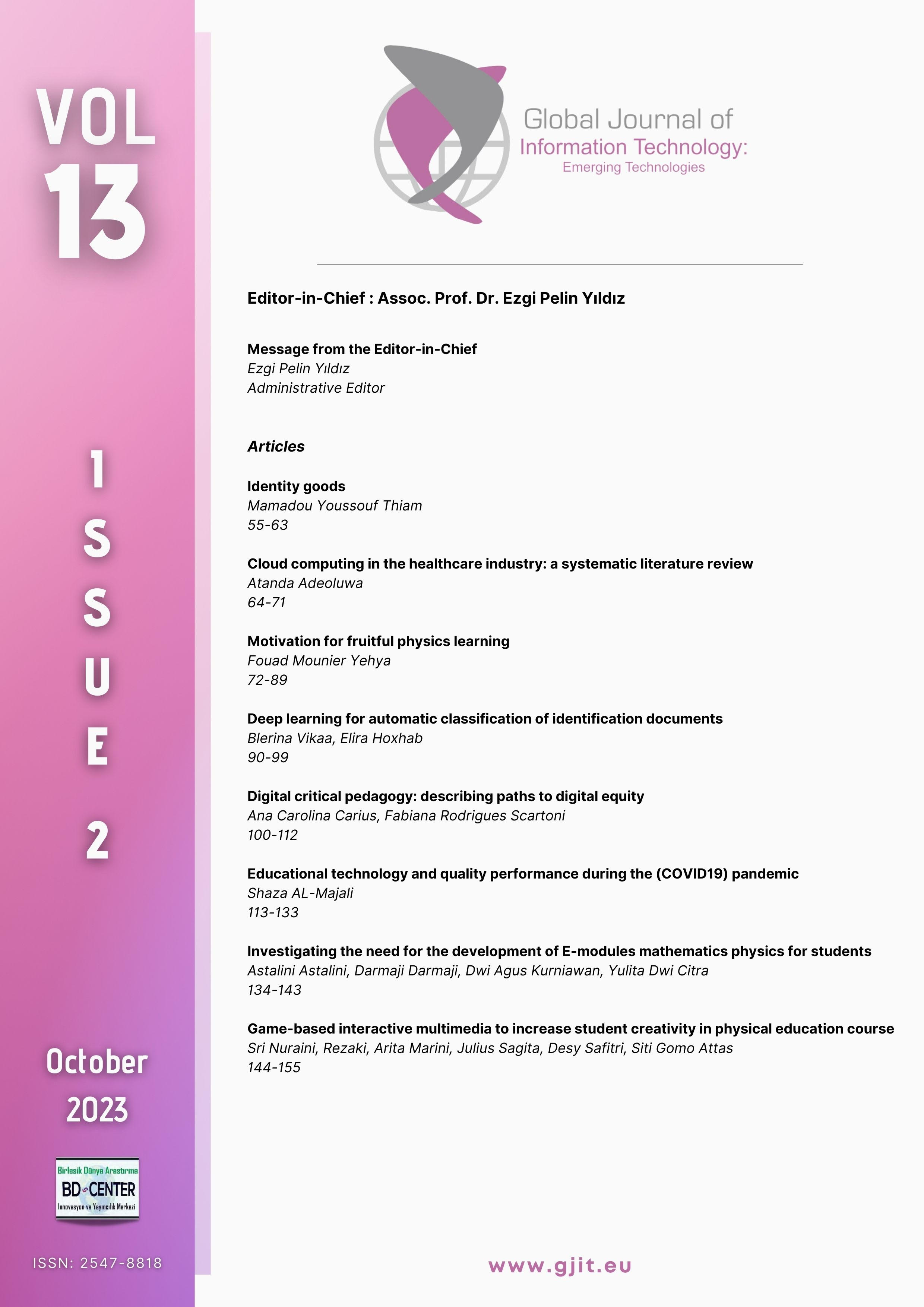Motivation for Fruitful Physics Learning
Main Article Content
Abstract
This research paper attempts to highlight the effect of motivation in the process of learning physics. For that purpose, some factors that affect motivation are described, using as a starting point the answers obtained from a questionnaire given to students in their secondary education. The study adopted the pragmatic paradigm. It was further enhanced as it relied on quantitative research methods to make a critical evaluation of learners’ motivation towards physics learning. Quantitative data was collected from a survey that was filled by learners at secondary school at Sharjah-UAE. The findings of the descriptive statistics show the major role of factors such as students’ interests and awareness towards the importance of physics, the interfere of physics in students’ daily habits and teachers’ professionalism in engaging students. Finally, recommendations for a teaching methodology are proposed with the intention of future development to be provided for fruitful physics learning.
Downloads
Article Details

This work is licensed under a Creative Commons Attribution-NonCommercial-NoDerivatives 4.0 International License.
Authors who publish with this journal agree to the following terms:- Authors retain copyright and grant the journal right of first publication with the work simultaneously licensed under a Creative Commons Attribution License that allows others to share the work with an acknowledgement of the work's authorship and initial publication in this journal.
- Authors are able to enter into separate, additional contractual arrangements for the non-exclusive distribution of the journal's published version of the work (e.g., post it to an institutional repository or publish it in a book), with an acknowledgement of its initial publication in this journal.
- Authors are permitted and encouraged to post their work online (e.g., in institutional repositories or on their website) prior to and during the submission process, as it can lead to productive exchanges, as well as earlier and greater citation of published work (See The Effect of Open Access).
